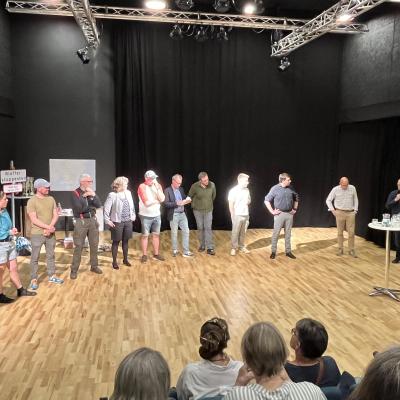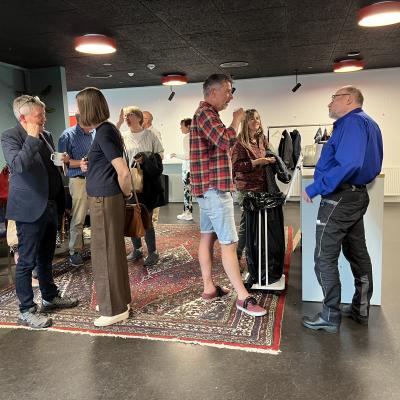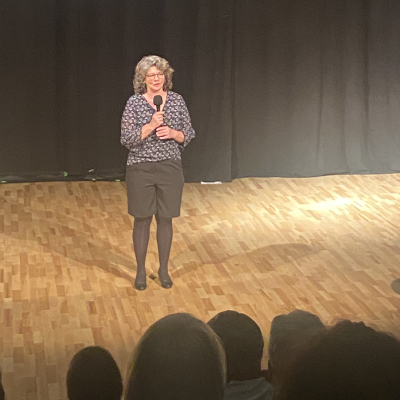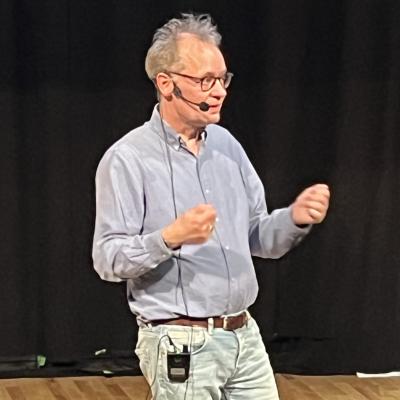Local voices, regional initiatives, and European perspectives meet in Syddjurs to rethink transportation in rural areas.
Experimental, citizen-driven efforts
The event took place at Kulturhotellet in Rønde, hosted by Syddjurs Municipality, which is known as a frontrunner in testing new mobility solutions in rural areas. Among the featured presentations was Mobility Makers, a European collaboration focusing on bottom-up approaches to mobility challenges. In Denmark, the project is anchored in Djursland and Herning, where villages in three municipalities are involved in experimental, citizen-driven efforts to identify new solutions.
“For the municipality we were happy to be able to present a variety of mobility solutions and to raise awareness of the importance of the interaction between them. This kind of debate is a very important step towards making better coherent mobility solutions in the rural districts”, said Alette Skov-Hansen from Syddjurs Municipality.
Designed to gather citizens
One of the key methods used in the Danish part of the project is the relay method – a tool designed to gather citizens’ perspectives in a participatory process.
“Mobility Makers addresses an important challenge across countries and gives plenty of room for making involvement of both citizens, municipalities and other key players in our joint effort to change behaviour in more sustainable directions,” said Allan Holst from Region Midtjylland. “The meeting showed a positive interest from the local community, which supports the findings in the project from the involvement with the relay conversations, which Kolding School of Design has tried out.”
Experiences are shared
Kolding School of Design, another Danish partner in the project, has been leading the participatory activities and shared their experience with the relay method during the event.
“The relay method has proven to be a good way to learn more about the needs and wishes from citizens in rural districts both in Djursland and in Herning, where we so far have tried it out on 29 different citizens. It has given us important insights to the further development of experiments in the living labs in Denmark,” said Mathias Poulsen from Kolding School of Design.
Change in mindset
Throughout the day, participants explored how a mix of solutions – including better public transport, carpooling, shared mobility services, and even hitchhiking – can form a coherent, sustainable alternative to the traditional “one person, one car” mindset. Small group workshops sparked vivid discussions and gave participants the chance to share their own experiences and concerns.
With nearly 40% of Denmark’s population living in towns with fewer than 10,000 inhabitants, finding scalable, attractive alternatives to car dependency is essential for both climate goals and regional development. Events like the one in Rønde show there’s broad public interest and engagement – and that collaboration between citizens, municipalities, and researchers is key to making rural mobility part of the green transition.





